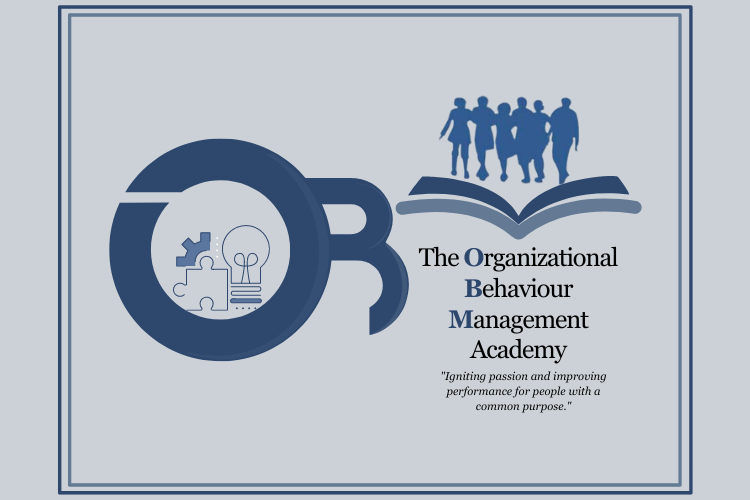This post is inspired by Canada Day, celebrated annually on the 1st of July and United States’ Independence Day, celebrated every year on the 4th of July.
Nation-building is a complex process that encompasses the formation of a national identity, the enhancement of social infrastructure, and the maintenance of political stability. The principles of operant conditioning, a fundamental concept in behaviourism, offer valuable insights into developing effective performance management strategies within the context of nation-building. Through a deep understanding and application of these principles, policymakers and leaders can cultivate environments that encourage positive behaviours and propel the collective advancement of a nation. To further this claim, let us go through the concepts of nation-building, operant conditioning and performance management, then present the direct connections between these concepts.
The Concept of Nation-Building
Nation-building is the concerted effort of governmental and non-governmental entities to construct the social, economic, and political frameworks vital for a country's enduring stability and prosperity. This process involves creating national symbols, promoting a unified national identity, and implementing policies that foster economic development and social cohesion. Critical components of nation-building include political stability with excellent protection of the citizen’s rights by having an established law and order, economic development by providing opportunities to address poverty, equity and ensuring upward mobility and robust social systems in education, healthcare and other social services that will enhance the quality of life of citizens, which in turn have a significant impact on nation-building.
Operant Conditioning: A Tool for Behavioural Change
In 1953, Skinner introduced operant conditioning as a method of learning that occurs through rewards and punishments for behaviour. It is based on the idea that behaviour is influenced by its consequences. It can be modified using positive reinforcement (providing a reward to increase the likelihood of behaviour, such as rewarding engagement in community service efforts and initiatives), negative reinforcement (removing an aversive stimulus to increase the likelihood of behaviour, such as reducing tax payables if one helps in environmental policies), and punishment (issuing adverse consequence or removing something desired to decrease the likelihood of behaviour, such as issuing demerit points and imposing fines when one engages in dangerous driving).
Integrating Operant Conditioning into Performance Management and supporting Nation-Building
Performance management in the context of nation-building involves setting goals, monitoring progress, and providing feedback to ensure that efforts align with national objectives. By integrating operant conditioning principles, policymakers can effectively influence behaviours that contribute to nation-building efforts.
Performance management involves setting clear goals and expectations and communicating these in observable, clear and concise ways to ensure alignment and understanding between states and their citizens. Monitoring and feedback are crucial to ensure that performance supports the goals pursued. These include stakeholder and community engagement, data collection, surveys, and performance metrics. Reinforcement strategies are critical to ensure that once feedback is gathered, good behaviours or performance are given public recognition and financial incentives, as well as positive reinforcement to reward behaviours that contribute to national goals. For example, providing grants to communities that successfully implement sustainable practices is a form of positive reinforcement, applying tax breaks to companies that invest in good practices that support the environment is a form of negative reinforcement and imposing fines to deter undesirable practices, or non-compliance is a form of punishment.
Integrating operant conditioning principles into performance management strategies represents a powerful and decisive tool for nation-building. Through establishing clear goals, providing regular feedback, and strategically applying reinforcement and punishment, policymakers can actively mould behaviours that significantly contribute to a nation's overall development and stability. This synergistic approach decisively enhances individual and organizational performance, fostering a profound sense of collective responsibility and national pride.
